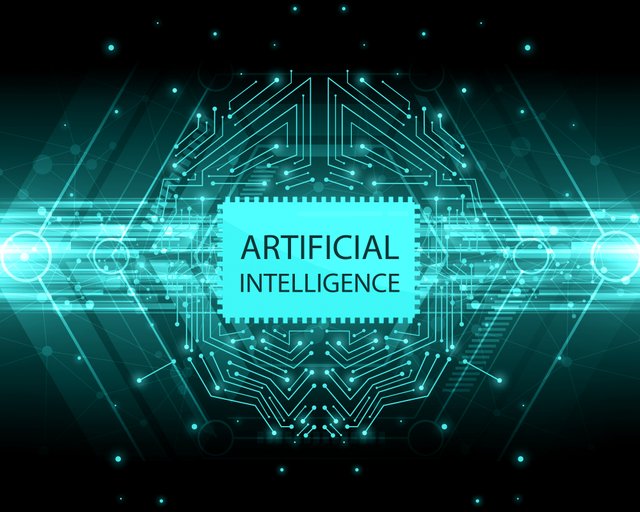Unraveling the Transformative Force of Artificial Intelligence: Shaping Industries and Society

Artificial Intelligence (AI) has emerged as a transformative force, revolutionizing industries and societies across the globe. Understanding its impact requires delving into its evolution, influence on various sectors, societal implications, and its role in shaping the future.
Introduction to Artificial Intelligence (AI)
AI represents the simulation of human intelligence processes by machines, encompassing learning, reasoning, and problem-solving. Its roots trace back to the mid-20th century, evolving through periods of development, leading to its current multifaceted applications.
AI's Impact on Industries
Healthcare
In the healthcare sector, AI has redefined diagnostics, drug discovery, and personalized medicine. It aids in analyzing complex medical data, enhancing treatment accuracy, and revolutionizing patient care.
Finance
The financial industry utilizes AI algorithms for fraud detection, risk assessment, and algorithmic trading. It optimizes processes, mitigates risks, and offers personalized financial services.
Transportation
AI-powered autonomous vehicles are reshaping transportation, promising safer and efficient travel. From self-driving cars to predictive maintenance, AI is enhancing the future of mobility.
Entertainment
In the realm of entertainment, AI algorithms personalize content recommendations, enable immersive gaming experiences, and facilitate content creation, altering how we consume and interact with entertainment.
Societal Implications of AI
The integration of AI has sparked discussions on its societal impact. Concerns regarding job displacement, ethical dilemmas, and biases in AI systems have surfaced. Yet, AI also presents opportunities in education, fostering personalized learning experiences and skill development.
AI's Role in Shaping the Future
AI's future trajectory involves continuous advancements in machine learning, robotics, and natural language processing. Innovations hold promise in healthcare breakthroughs, sustainable solutions, and addressing global challenges. However, ethical and regulatory frameworks must evolve in tandem to navigate potential pitfalls.
Conclusion
Artificial Intelligence stands as a dynamic force reshaping industries and societal paradigms. Its transformative potential is vast, promising advancements while demanding a responsible approach to address ethical, societal, and regulatory concerns.
FAQs
- How does AI impact job markets?
AI may automate certain jobs while creating new opportunities requiring specialized skills. - Are there ethical concerns regarding AI?
Yes, ethical concerns include biases in AI algorithms, data privacy, and AI decision-making transparency. - Can AI revolutionize education?
AI offers personalized learning experiences and tools for adaptive learning, potentially revolutionizing education. - What challenges does AI face in the future?
Challenges include ethical dilemmas, data privacy issues, and the need for robust regulatory frameworks. - Is AI solely beneficial, or are there risks involved?
While AI brings numerous benefits, it also poses risks, requiring careful ethical considerations and regulatory oversight.